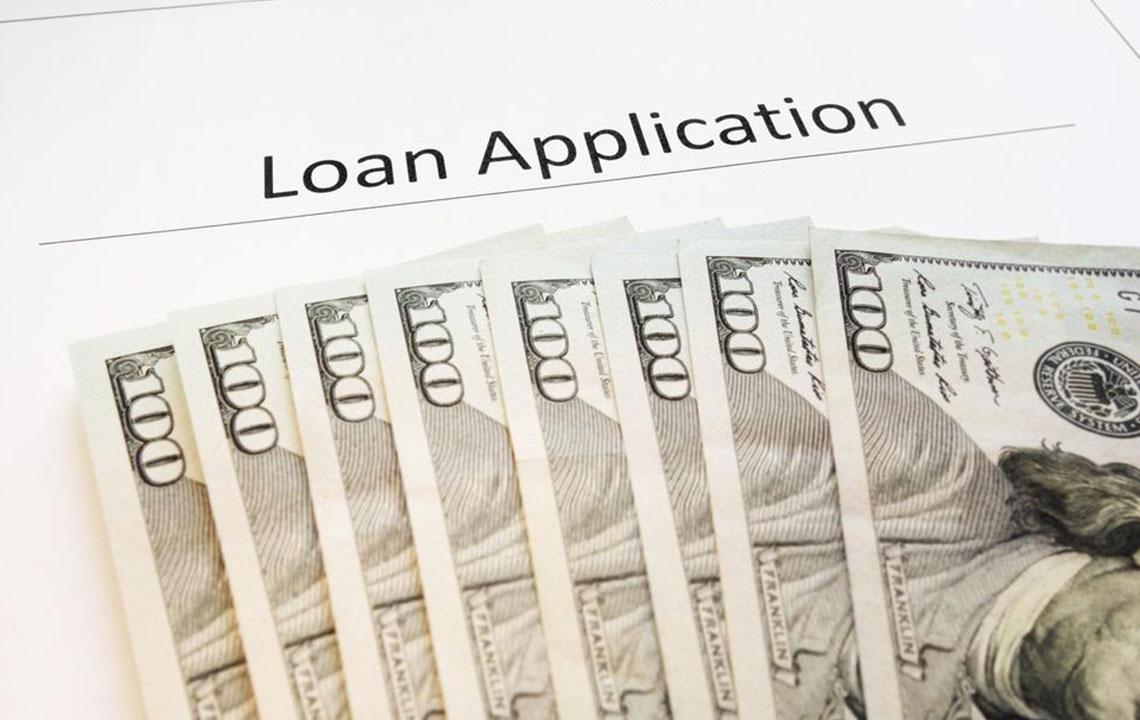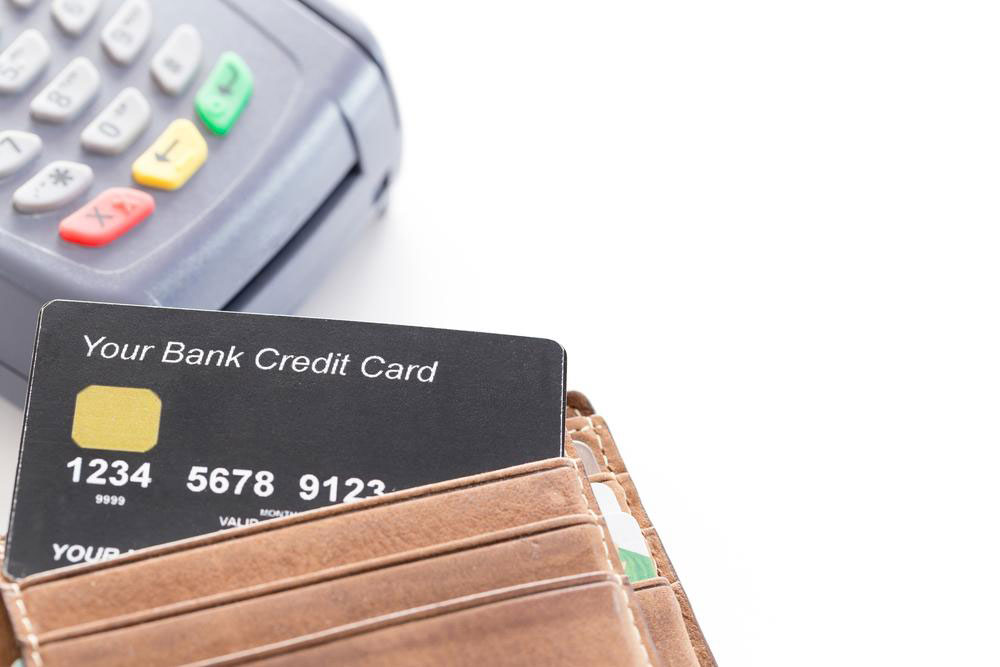Comprehensive Guide to Credit Card Wisdom Your Parents Might Not Have Shared
This comprehensive guide offers advanced credit card tips beyond basic advice, helping users understand responsible borrowing, optimize rewards, negotiate better rates, and avoid pitfalls. Mastering these strategies fosters smarter financial decisions and long-term credit health.

In today’s modern financial landscape, credit cards have become an essential tool for managing everyday expenses, making purchases, and building a solid credit history. While many parents provide basic advice on responsible usage—such as paying bills on time and avoiding debt—they often overlook some critical insights that can significantly enhance your financial health. This comprehensive guide aims to fill in those gaps by sharing advanced tips and strategies that every credit card user should understand. Mastering these lessons will help you handle your credit wisely, sidestep common mistakes, and maximize the benefits that come with responsible credit management.
Understand that credit is an extension of a loan
Many young adults perceive credit cards as free money, but fundamentally, they represent a form of borrowing from the bank or financial institution. When you use a credit card, you're essentially taking out a short-term loan that must be repaid with interest if not paid in full by the due date. Recognizing this reality is critical to maintaining healthy financial habits. Failing to repay your balance can lead to interest accumulation, escalating debt, and damage to your credit score. Be mindful that until you settle your bill completely, the money is not truly yours—it's borrowed, and responsibility lies in repayment.
Always pay your bills punctually
Timely payments are the cornerstone of good credit management. Late payments can result in late fees and, more seriously, harm your credit report for years to come. A poor payment history may increase your interest rates and make it more difficult to qualify for future loans or credit products. Setting reminders, automating payments, or using banking alerts can help ensure you never miss a deadline. Paying on time not only safeguards your credit score but also demonstrates financial discipline, which lenders value highly.
Additional Essential Tips for Mastering Your Credit Card Use:
Negotiate interest rates with your bank
If you have a good credit score and a consistent payment history, don't hesitate to ask your bank or credit card issuer for a reduction in your interest rate. Lowering your rate can save you substantial amounts on interest payments over time. Maintaining good financial behavior increases your chances of approval for interest rate negotiations. Some banks may be willing to accommodate your requests to retain your loyalty and patronage.
Be cautious when lending your card
Sharing your credit card or allowing friends to use it might seem helpful in the moment, but it exposes your finances to unnecessary risks. You lose control over spending patterns, and if misuse occurs, it could negatively impact your credit record. It's best to keep your credit card usage personal. If you want to assist friends or family, consider other ways that don’t involve sharing your plastic—such as giving cash or using authorized users carefully and with clear boundaries.
Utilize reward points wisely
Many credit cards offer reward programs, including cashback, travel miles, and shopping discounts. These perks can be highly beneficial if used intentionally. Plan your redemptions to maximize their value—whether it's covering travel expenses, reducing bills, or purchasing items you need. Avoid letting your points expire or accumulating unused rewards, which renders the program ineffective. Regularly review your rewards options and strategize to get the most benefit.
Design a payment plan aligned with your income
Having a reliable source of income is vital to paying your credit card dues on time. Create a budget that accounts for your monthly expenses and prioritize credit card payments accordingly. Consistency in payments will help build your credit profile and maintain favorable borrowing terms. Avoid impulsive spending and aim to pay more than the minimum amount whenever possible to reduce interest costs and debt faster.
Be aware of fraud risks and ethical practices
Misusing credit cards, such as using one card to pay off another, may seem like a quick fix but can lead to serious legal consequences and penalties. Always adhere to ethical practices and avoid engaging in fraudulent or dishonest activities. Protect your accounts by regularly monitoring statements for suspicious activity and using secure internet connections when transacting online. Maintaining transparency and integrity in your credit activities is essential for ensuring long-term financial security.
Stay ahead in financial literacy by following trusted sources on social media platforms like Facebook and Twitter. Continuous learning about credit management ensures smarter decisions, improved credit health, and greater financial independence. Remember, responsible credit use isn’t just about avoiding debt—it's about building a secure financial future.





